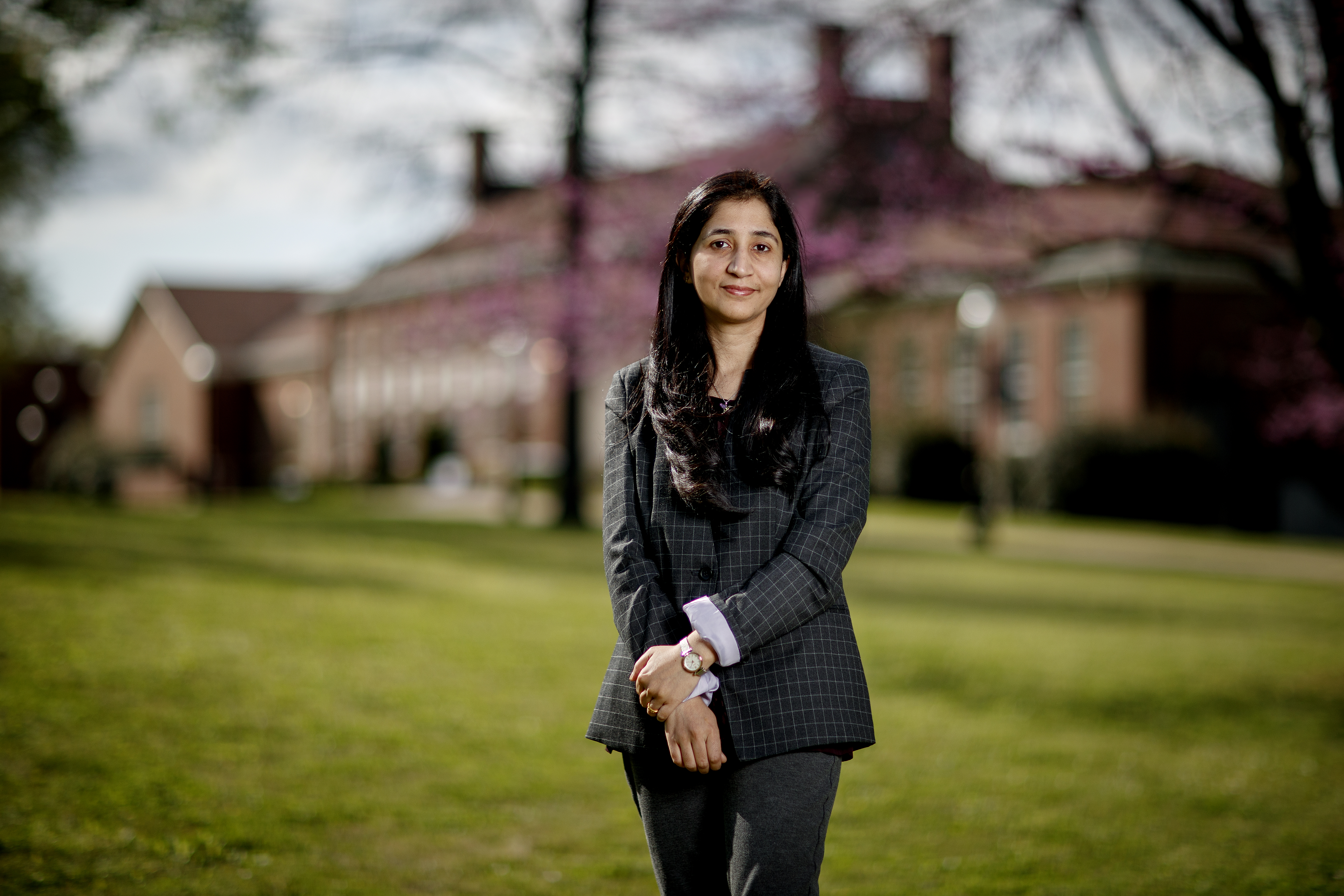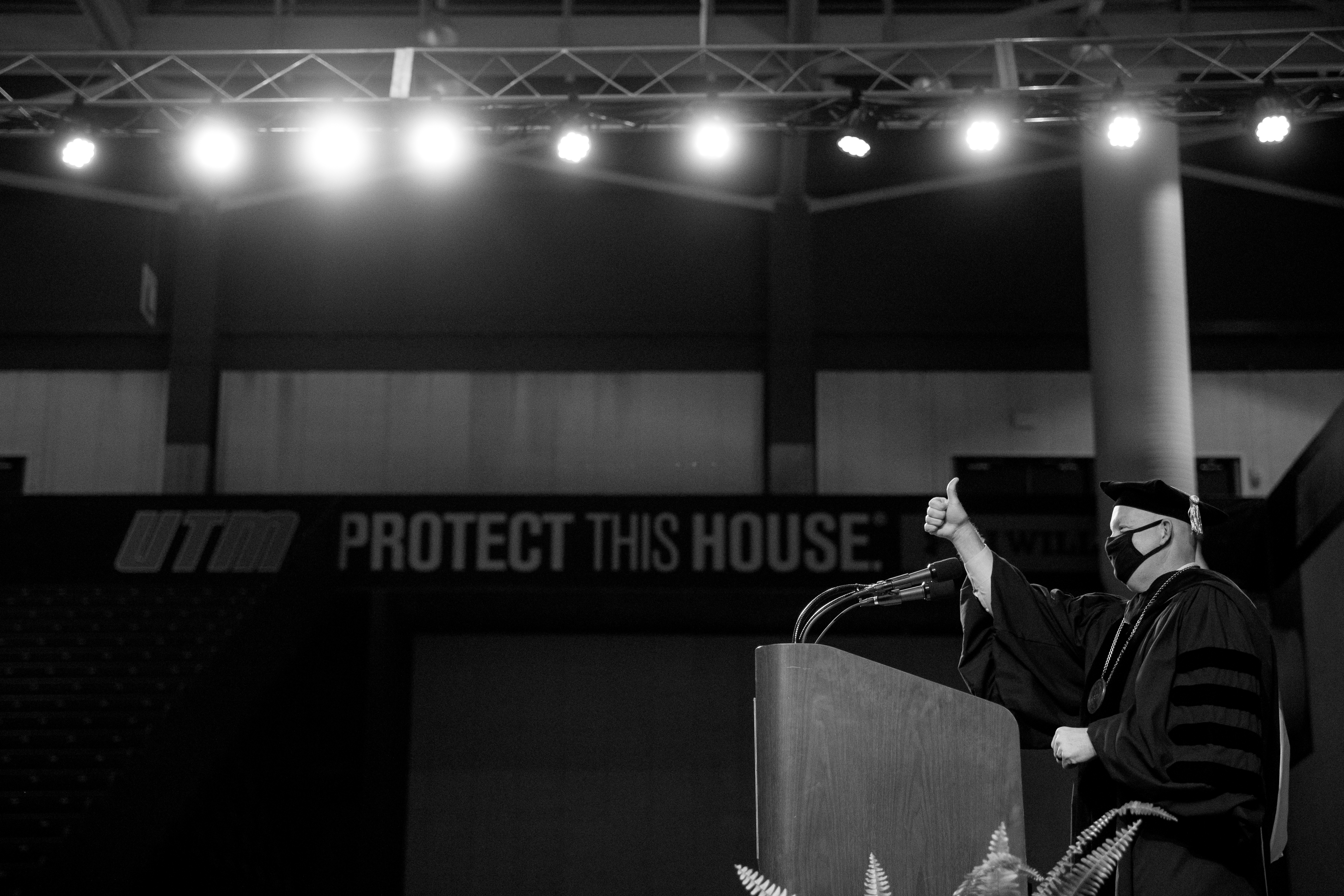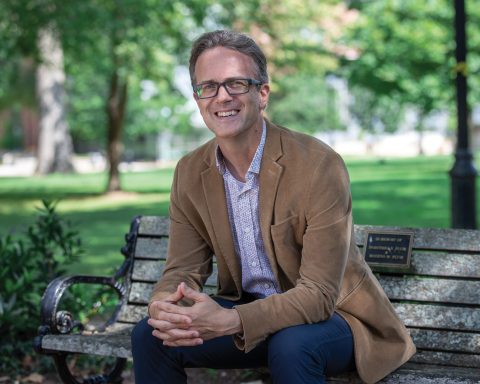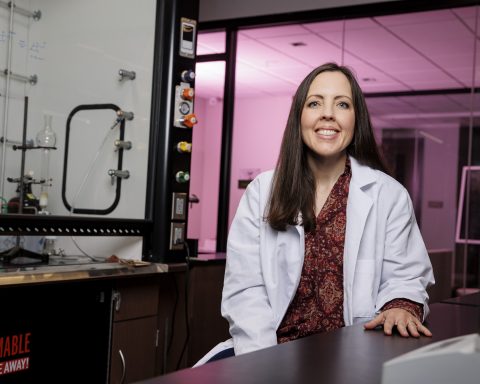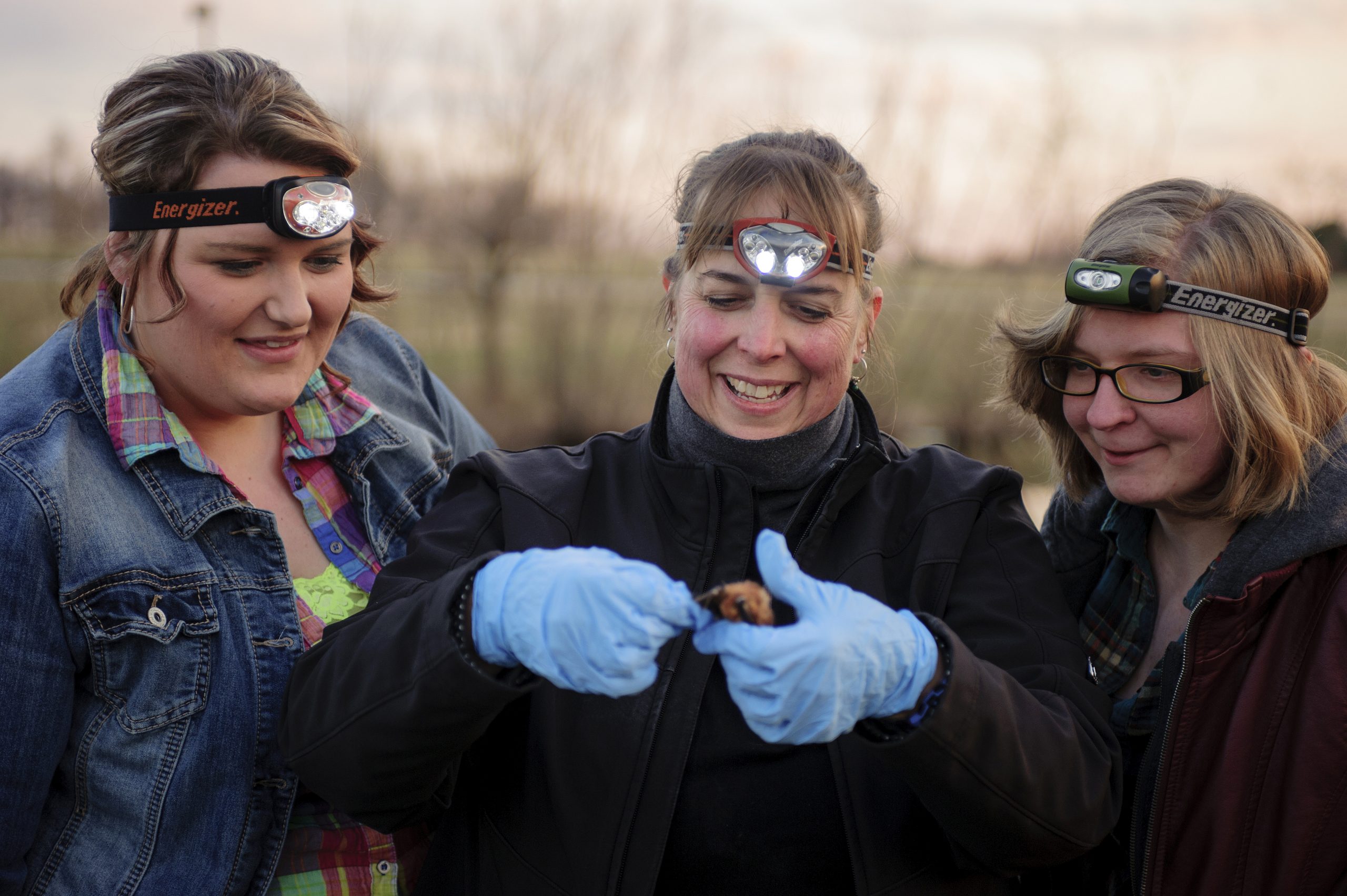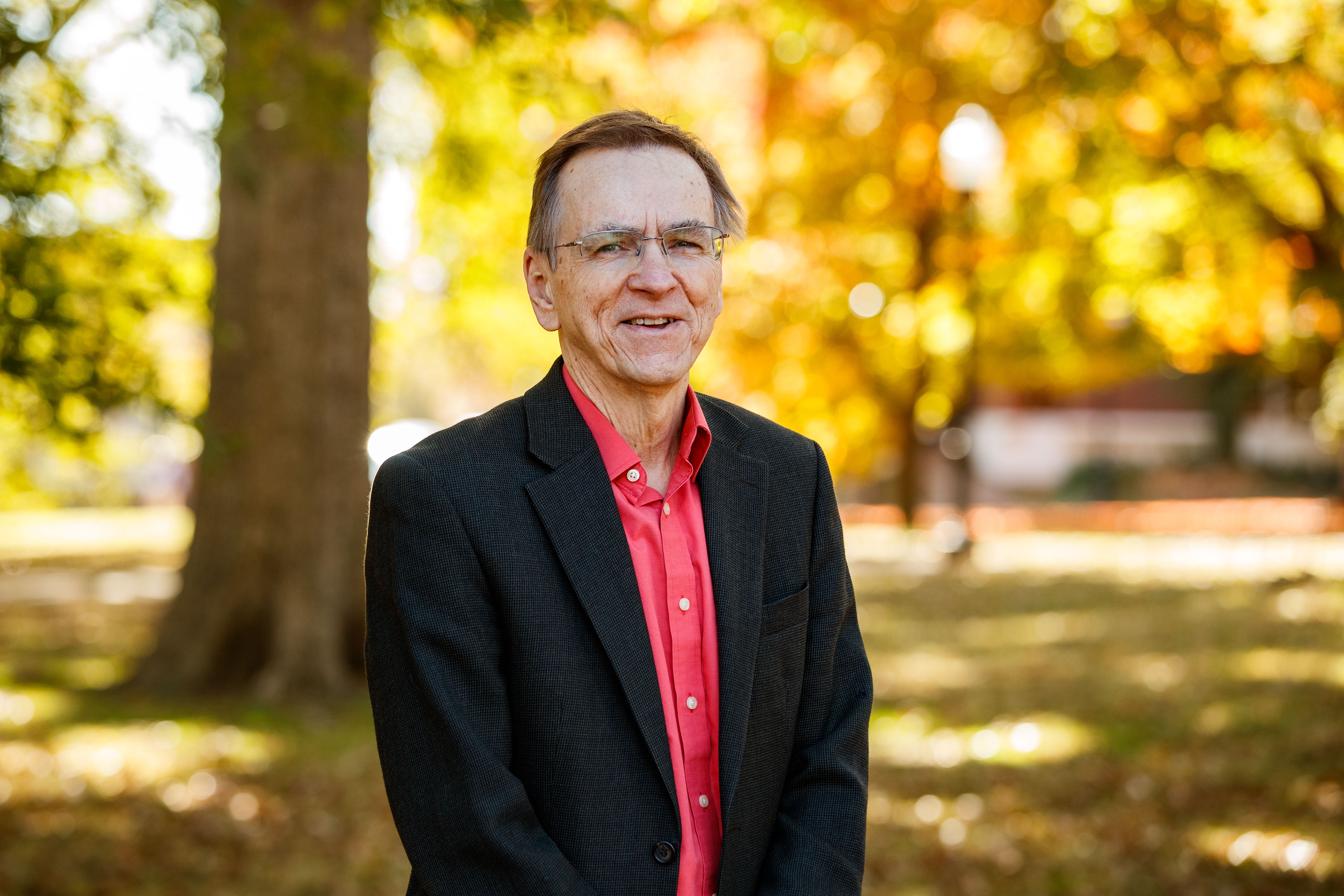Dr. Rachna Tewari
Department of Agriculture, Geosciences, and Natural Resources
From Nainital, India, to Martin, Tennessee, the likelihood of Dr. Rachna Tewari calling rural Northwest Tennessee her home was slim to none. Yet, in 2013, Tewari found herself on the campus of UT Martin teaching agricultural business, unaware of the impact the university community would have on her life in the years to come.
Tewari first felt a pull toward agriculture when she would reminisce about her childhood family trips to the rural regions of India. She grew up in the city, which kept her from being exposed to agriculture firsthand; however, upon realizing her interest in the field of agriculture, she decided to pursue a degree in the area, followed by an MBA in agribusiness. Her fascination and desire to pursue agriculture-related research is what led her to West Texas A&M University for graduate school where she focused her research on Texas’s need for groundwater management.
“It’s a big, big focus area of research there just because they are dealing with a lot of water scarcity issues, so pretty much all of the major agricultural research there focuses on groundwater management there,” Tewari said.

Tewari’s first teaching experience came during her time studying at West Texas A&M, when her graduate adviser requested that she teach an upper-division agricultural marketing course. While Tewari was focused on research, she found teaching to be a greatly enjoyable experience that influenced her to accumulate more hours working with students in the classroom. As she went on to complete a doctorate in agricultural economics at Texas Tech University, Tewari was also able to incorporate the research she loved into teaching to find her true passion.
“… I enjoy being in the classroom; it’s a lot more lively,” Tewari said. “Just the whole interaction, being with the students and learning about what their interests are and really just trying to provide information to them to help them out with their career decision.”
Working with students to decide their future goals is a major source of fulfillment for Tewari.
“I think one of the most rewarding things in teaching is whenever there are students that come to you and they are able to say that ‘I was not sure what I wanted to do with my program or with my degree,’ but because of a certain class that they took or a certain interaction that they had with me or a professor that might have helped them, that helped them decide their career goals, and that helped them shape their idea of what they wanted to do in the future,” Tewari said. “That feels really, really good.”
Tewari continues to unite her love of research and working with students every day in the classroom, and as she helps train the next generation of agricultural professionals, she hopes they will have a great impact on the world.

